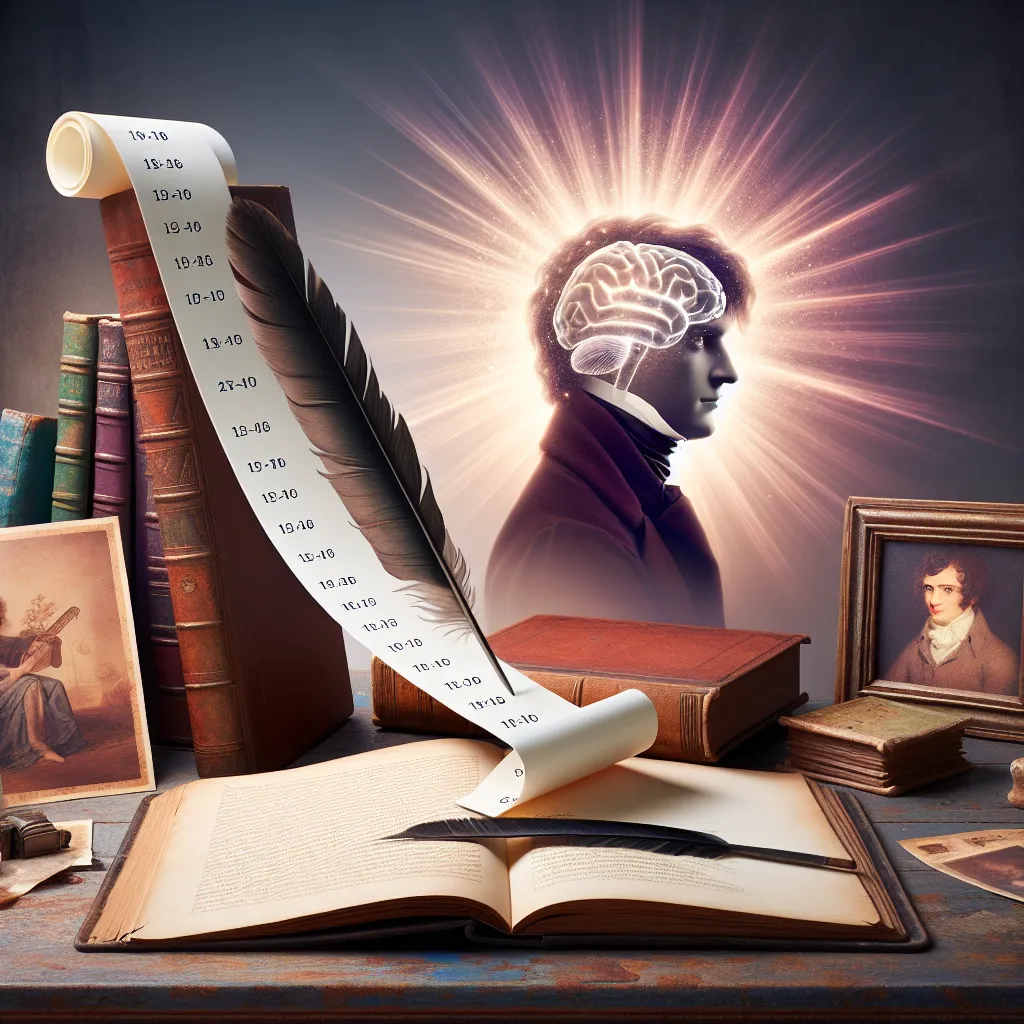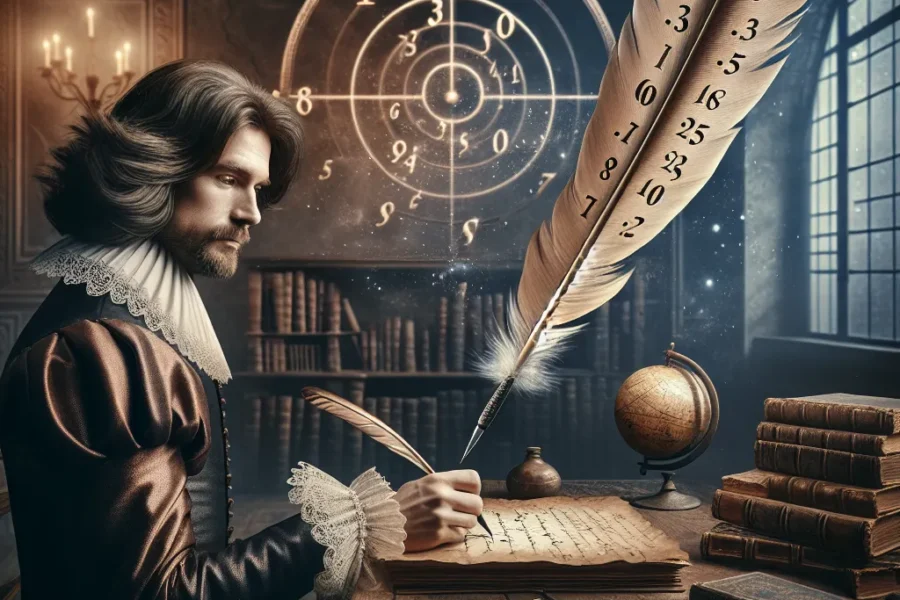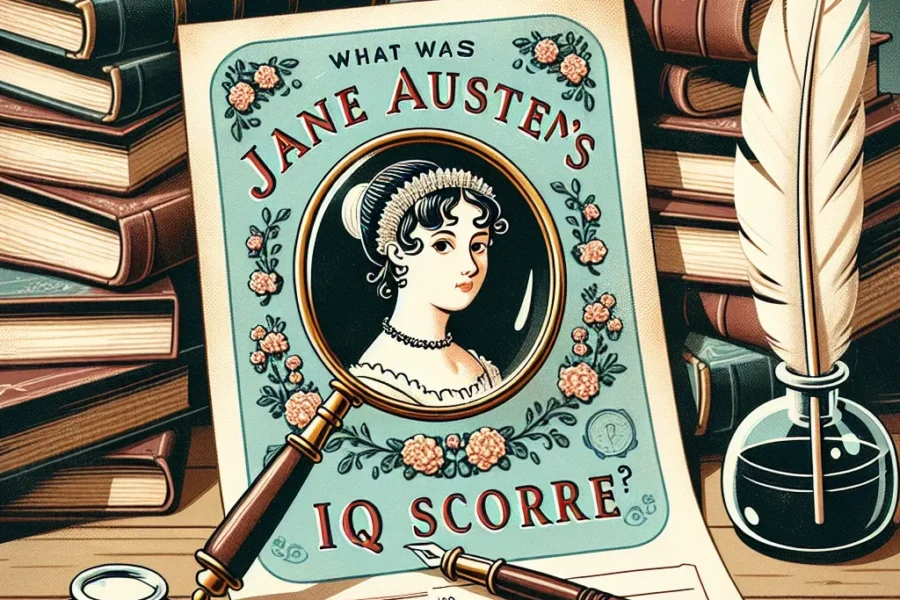William Blake, a visionary poet, painter, and printmaker from the 18th century, is widely celebrated for his unique contributions to English literature and art. Born in 1757, Blake was a multifaceted genius, blending his literary prowess with extraordinary visual artistry. Despite facing financial difficulties and being largely unrecognized in his time, Blake’s work has come to be appreciated posthumously for its profound symbolic and philosophical depth. Given his manifold talents and deep insight, modern readers often ponder what Blake’s IQ might have been.
If you are looking for legitimate IQ Tests which pass the entry bar for Mensa, see our IQ Tests.
First, it’s essential to note that IQ, or Intelligence Quotient, is a relatively modern concept. The idea of measuring intelligence through standardized testing emerged in the early 20th century, long after Blake’s death in 1827. Consequently, there is no direct way to determine William Blake’s IQ score accurately. However, we can speculate on his intellectual abilities by examining his works, education, and achievements.
Blake’s genius is evident in his dual talent for both words and visual arts. His poetry is characterized by its intricate symbolic language and philosophical depth, often delving into themes of spirituality, imagination, and human existence. Works like “Songs of Innocence and of Experience” and “The Marriage of Heaven and Hell” showcase his ability to transcend the ordinary and explore profound truths about the human condition. For example, in “The Tyger,” Blake’s wordplay masterfully balances innocence and experience, darkness and light. Such complexity in literary construction suggests a high degree of cognitive capability, likely resonating with a high IQ score.
Beyond poetry, Blake’s visual artistry is equally compelling. As an engraver and painter, he produced illustrated books that combined text and imagery in unparalleled ways. His method of illuminated printing, which he invented, allowed for a seamless fusion of art and literature, a testament to his innovative spirit and technical skill. This synthesis of artistic disciplines indicates advanced spatial and creative intelligence, areas often associated with higher IQ levels.
Educationally, Blake’s intellectual development was somewhat unconventional. At the age of ten, Blake began attending drawing school, and by fourteen, he was apprenticed to an engraver. Unlike many of his contemporaries, he did not receive a formal education at a prestigious institution. However, Blake was remarkably well-read, with a deep knowledge of the Bible, classical antiquity, and the works of esteemed authors such as John Milton and William Shakespeare. His self-taught understanding of these subjects further illustrates his high intellectual capacity and autodidactic nature, traits commonly found in individuals with elevated IQ scores.
It is also worth considering the intellectual milieu in which Blake lived. Enlightenment thinkers like John Locke and Jean-Jacques Rousseau profoundly influenced the era, promoting ideals of reason and human potential. While Blake often opposed Enlightenment rationalism, advocating instead for imagination and spiritual vision, his engagement with these intellectually rigorous debates underscores his intellectual sophistication. His ability to articulate a countercultural viewpoint with clarity and conviction demonstrates a keen mind capable of abstract and critical thinking.
Moreover, Blake’s contemporaneous and subsequent recognition among intellectuals adds to the hypothesis of his high intelligence. Later scholars and artists, such as T. S. Eliot and Aldous Huxley, have lauded Blake for his prophetic vision and innovative artistry. The fact that his work has not only endured but has gained immense respect over centuries suggests a level of genius that naturally aligns with high IQ attributes.
In addition, Blake’s practice of integrating complex thematic content into his work—such as mystical visions, social commentary, and theological musings—speaks to a sophisticated analytical mind. For example, his exploration of contraries in human nature (innocence and experience, heaven and hell) in his poetry reflects a nuanced understanding of paradox, a cognitive skill indicative of advanced reasoning capabilities. The depth and breadth of his symbolic universe reveal an ability to think abstractly and holistically, skills typically associated with higher IQ levels.
Analyzing Blake’s personality through the lens of modern psychology may also provide insights into his potential IQ. Individuals with high IQs often exhibit tendencies toward introspection, creativity, and non-conformity—traits that Blake embodied throughout his life. His visionary experiences and steadfast commitment to his unique artistic vision, despite societal pressures and lack of financial success, highlight a psychological resilience and independence of thought, both markers of high intelligence.
Furthermore, the structure and style of Blake’s works often involve intricate use of literary devices, such as allegory, metaphor, and symbolism. These elements require a sophisticated command of language and an ability to convey complex ideas succinctly and powerfully. The precision and intentionality behind Blake’s choice of words and images suggest a high level of verbal intelligence, an essential aspect of overall IQ.
To gauge Blake’s intellectual legacy, it’s also instructive to look at the interdisciplinary nature of his influence. His works have been subjects of study and inspiration in various fields, from literature and art to psychology and theology. This wide-ranging impact signifies not just an abundance of talent but a profound understanding of human nature and the universe, reflecting a mind capable of making connections across diverse domains.
In recent attempts to retrospectively estimate the IQs of historical figures, some scholars argue that geniuses like Blake might easily fall into the high IQ category, often above 140, especially when their creative outputs demonstrate a synthesis of innovative, complex, and deeply resonant ideas. While it remains speculative, such assessments might not be far-fetched considering the enduring value and depth of Blake’s contributions.
In conclusion, while we may never know the precise IQ score of William Blake, examining his life and work through contemporary understandings of intelligence and creativity suggests a remarkably high intellectual capacity. His synthesis of visionary poetry and innovative visual art, coupled with his engagement with deep philosophical and spiritual questions, paints a portrait of a profoundly gifted individual. Blake’s enduring legacy as a genius in both literature and art affirms his exceptional cognitive abilities, aligning with the traits commonly associated with high IQ scores.



Leave a Comment